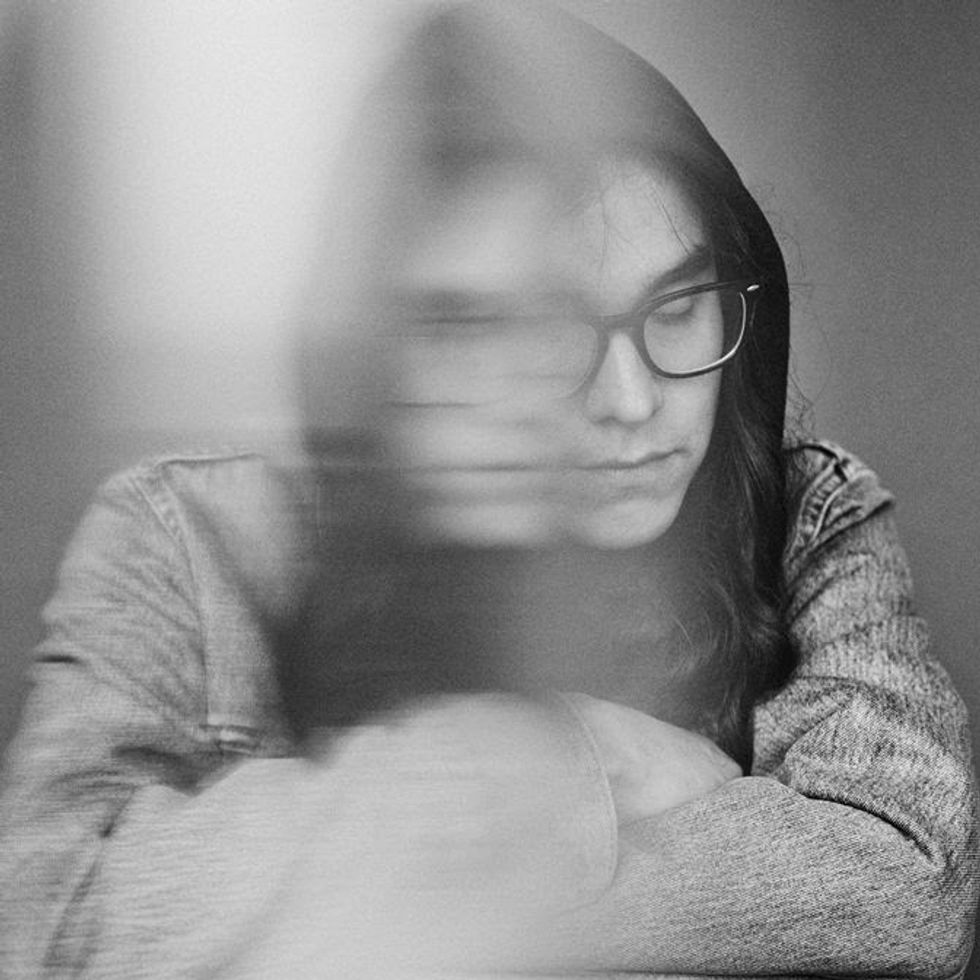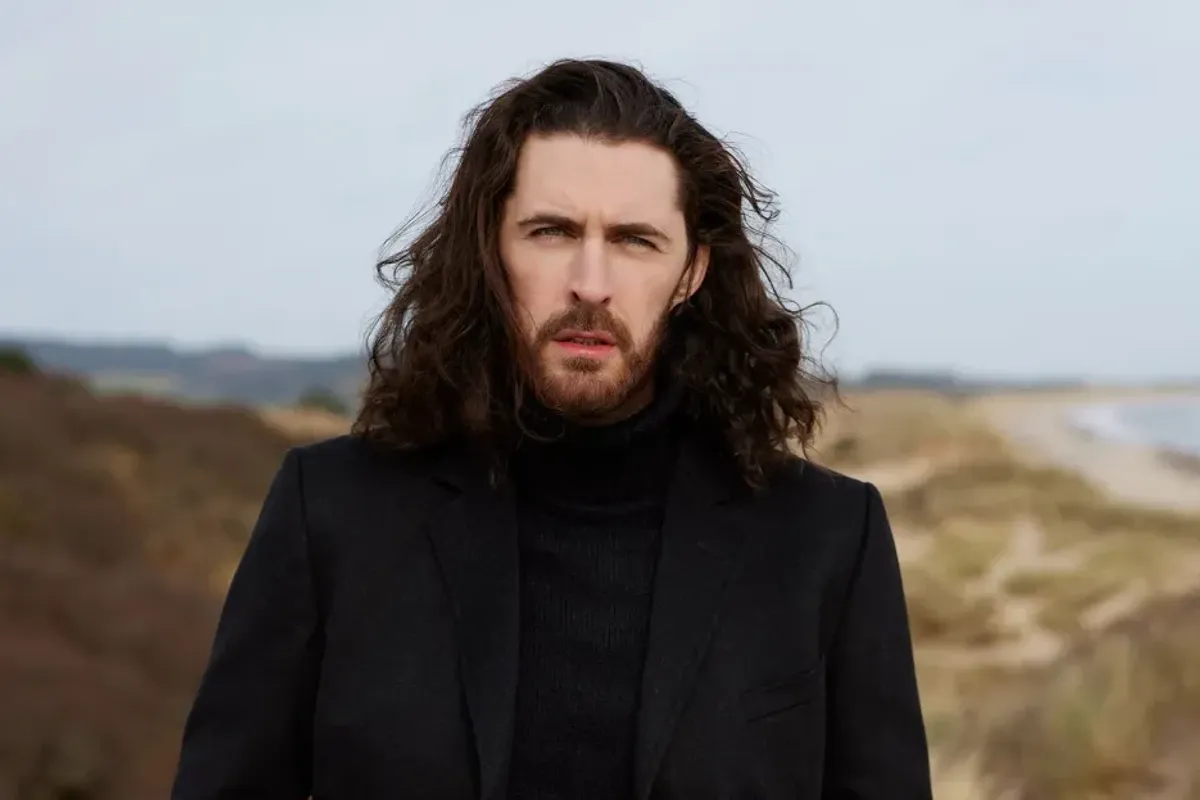Five Questions With… Zoon
Indigenous artist Daniel Monkman has earned rave reviews and radio chart success with his debut album, Bleached Wavves. Here he discusses a difficult life journey, his Ojibway roots, and connecting with his audience during the pandemic.

By Jason Schneider
In the Ojibway language, the word Zoongide’ewin means “bravery, courage, the Bear Spirit.” It’s no wonder then that Daniel Monkman adopted Zoon as his musical moniker. The Hamilton-based musician has spent the better part of his 28 years channelling that strength to overcome such adversities as racism, poverty and addiction. Music saved Monkman’s life, and now he wants to share his story.
On Zoon’s debut album, Bleached Wavves—released in June on Paper Bag Records and at the top of the Earshot chart for the past five weeks—he paints a message of hope and fortitude, lessons he learned studying the Seven Grandfather teachings after experiencing the lowest point of his life.
Born and raised in Selkirk, Manitoba, a small prison town outside of Winnipeg, Monkman has faced an uphill battle his whole life. In his teens, he was victimized for his First Nations heritage, which led to him abusing drugs and alcohol as a coping mechanism. His best friend died of an overdose; he nearly followed him on multiple occasions.
But with the spiritual guidance he learned from 12-step therapy, Monkman got clean and began to follow a passion for music he discovered from a young age growing up within the Brokenhead Ojibway Nation. Bleached Wavves is the first true document of what has been dubbed “moccasin-gaze,” a tongue-in-cheek nickname for the amalgamation of his shoegaze influences with traditional First Nations music. Like My Bloody Valentine’s Loveless, a record that changed everything for him, Zoon pushes forward that famously quixotic, effects-laden sound with a distinctive, new approach.
We caught up with Zoon to find out more.
Congrats on the great reception Bleached Wavves has been receiving. That must be satisfying, given what you went through making the album, yes?
Yes, it’s been very rewarding, particularly from an emotional perspective. Considering how long I waited, it’s made me feel like I can trust myself again. Eight years ago I said that my music would be more impactful if I stepped away and worked on my wounded spirit first.
You've spoken of how the record is a reflection of how you explored your Ojibway heritage. Could you explain that process a bit more?
I grew up around my aunts and uncles on the reservation and was taught songs and stories of my Ojibway heritage. But as I grew up and left the reserve, I lost touch with my culture. It took many years and a few breakthroughs until I reclaimed my identity through the teachings of the Seven Grandfathers. As I started to conceptualize new songs I could see more and more inspiration from my Ojibway heritage pop up in the songwriting. When it came time to solidify Bleached Wavves I just started to pull from those ideas and emotions I had been manifesting. I don’t represent any other Ojibway people other than myself; I only speak from my own experiences.
As an Indigenous artist, are you encouraged by how the Canadian music industry seems to be embracing more diversity, as least in the indie rock scene?
To be honest, I’m not really part of any particular music scene. But there definitely has been a shift in diversity since I left the music industry in 2010. The lack of diversity was one of the many reasons why I left.
How have you been adapting to engaging with your audience during the pandemic?
The Internet has been a major way to connect with fans. Platforms like Instagram and streaming services have been a great way too. Without them, I don’t know how we would have had a “successful” record release—as successful as it could have been given the situation.
What are your expectations about playing live when (hopefully) that will be allowed in the coming year?
I really don’t have many expectations at this point. I’m just trying to focus on my health and songwriting. I see this as a time to take a break from a lot of stressful aspects in my life and hyper-focus on my art and what matters most to me.

















